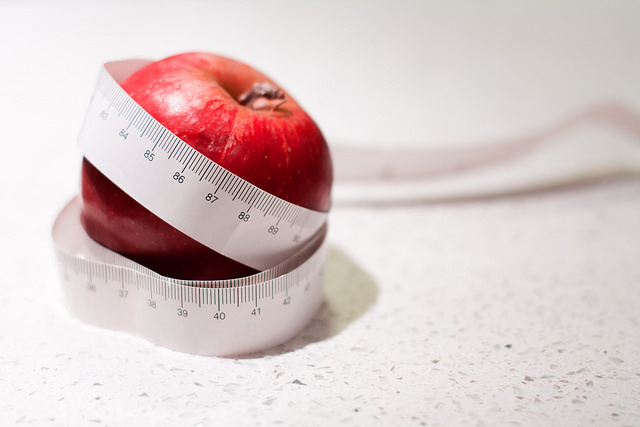You lift weights for your muscles and use fancy creams for your skin, but what do you do to protect your eyes? The eyes are often overlooked, but they are some of the most important parts of the body. Here are a few simple things that you can do to help ensure good eye health for years to come.
- Have a comprehensive exam. If you don’t wear glasses or contacts, you might go for years between eye exams. The only real way to know how healthy your eyes are is by having a comprehensive dilated exam administered by an eye care professional, so be sure to schedule an appointment.
- Eat the right foods. Yes, it’s common knowledge that carrots are good for your eyes, but other foods that can help improve the health of your eyes, as well. Dark, leafy vegetables, fruits, and fish high in omega-3 fatty acids have all been linked to improving eye health.
- Keep them protected. Sunglasses don’t just look cool, they also serve a very important purpose. Wearing sunglasses helps to shield your eyes from the harmful UV rays from the sun, so be sure to choose ones that block 99 to 100 percent of UVA and UVB radiation.
Eye Health Tips [Information for Healthy Vision]
10 Eye Health Tips to Protect Your Vision [Real Simple]
Five Tips For Eye Health [Eating Well]


 Equal Housing Opportunity
Equal Housing Opportunity